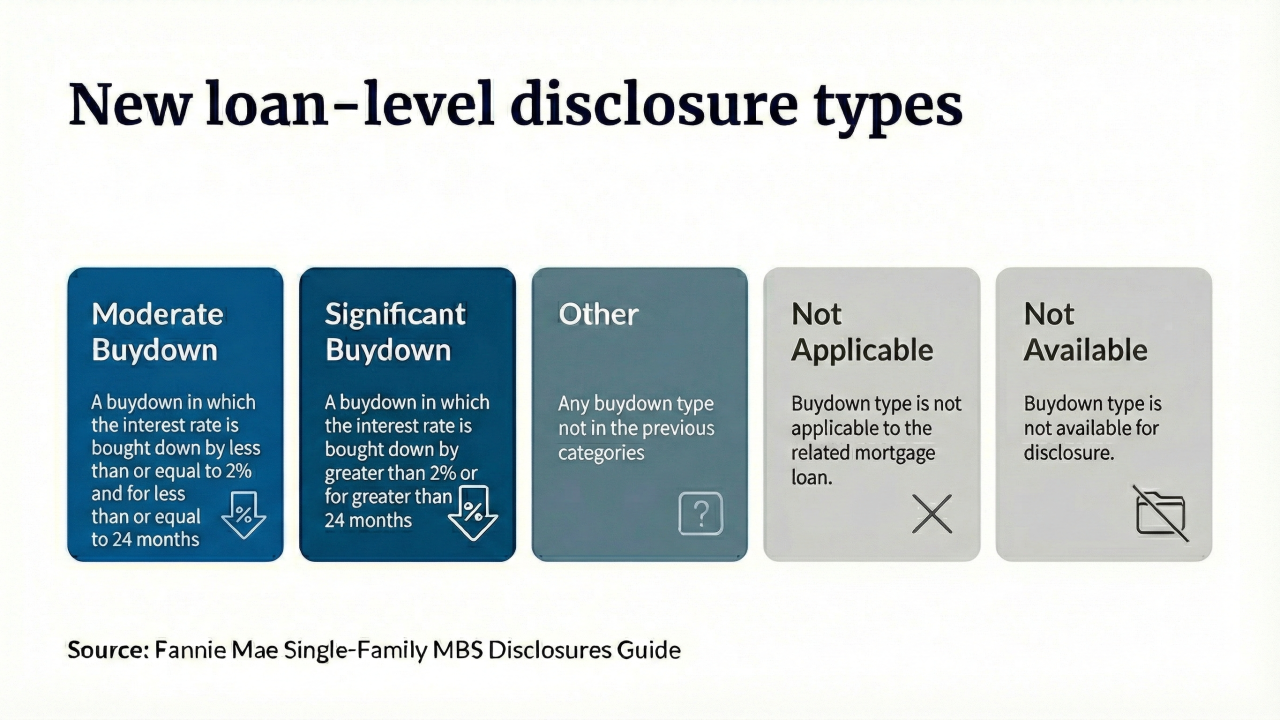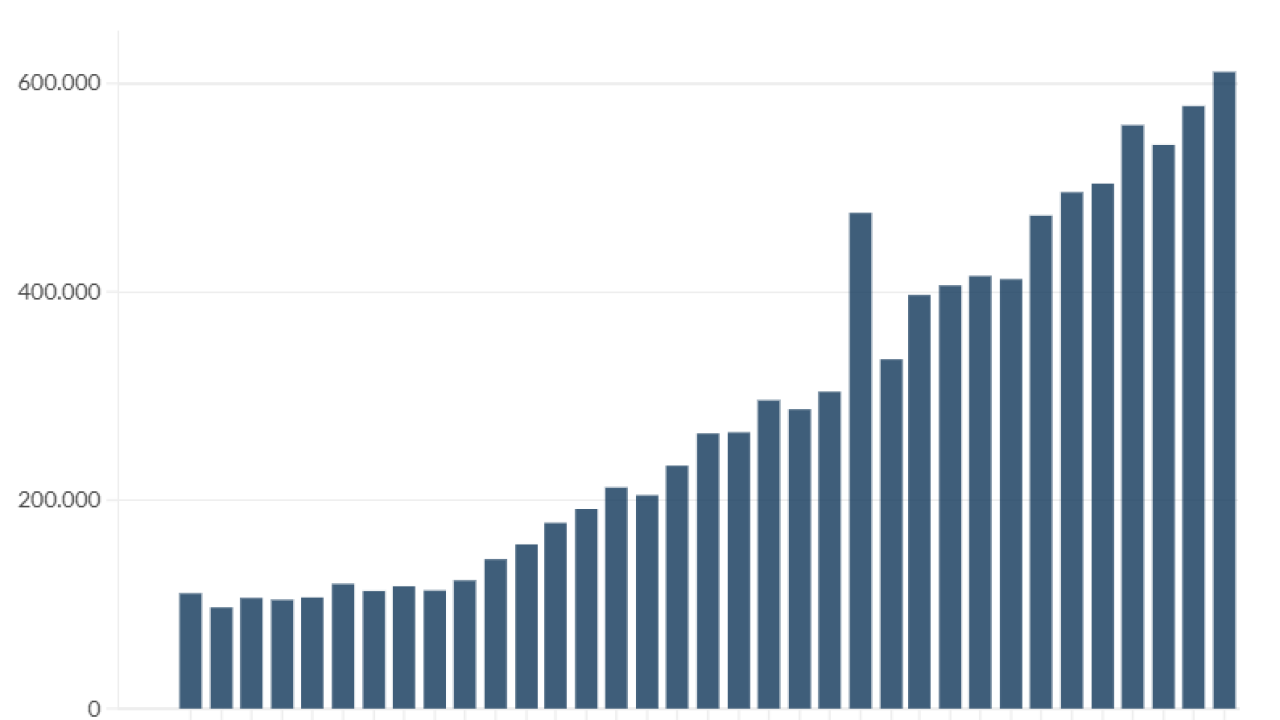The agency MBS November prepayment reports were uneventful and in line consensus expectations on 30-year conventionals.
Percentage increases on FNCL 5% coupons and lower were more than expected, while the 6% coupon through the 7.0% coupon slowed 1% to 4% versus a projected increase of 1% to 2%. FHLMC Golds' results followed more or less FNMA's experience.
One notable item was that high coupon speeds on Chase Home Finance-serviced pools declined, while Bank of America's (BofA) remained muted. Chase is known for being very efficient in its Home Affordable Refinance Program (HARP) activity, whereas BofA has not been particularly active.
Sarah Hu, an MBS analyst with the Royal Bank of Scotland, said this illustrated that "prepayments remain driven by idiosyncratic servicer behavior" and that "servicer refinancing efficiency remains largely unpredictable."
Meanwhile, prepayment speeds on 30-year GNMA Is slowed 2% on average versus an expected 5% rise. Increases on 4.0% and 4.5% coupons were less than expected, while higher coupons slowed on average versus a projected increase.
Contributing to the rather benign report was a decline in refinancing activity on average in October from September by 8% as mortgage rates held steady at an average 4.07%, while the number of collection days was unchanged at 20.
eMBS reported overall speeds on FNMA MBS were unchanged at 24.8 CPR; FHLMC MBS slipped 0.4% to 25.8 CPR, and GNMA Is were down 1.2% to 16.1 CPR. Gross issuance totaled $107.6 billion; paydowns amounted to $118.0 billion, leaving net issuance at -$10.5 billion.
In terms of the December report released on Jan. 6, speeds have been projected to be flat to slightly slower. Revised outlooks will be forthcoming in the next week or so.
Meanwhile, analysts are predicting aggregate speeds to be modestly lower. The factors influencing the report include an increase in the day count to 21 from 20, which will be partially offset by a decline in refinancing activity by 7% on average in November from October despite 30-year fixed mortgage rates averaging 3.99% compared to 4.07%. Further limiting prepayments are weakening seasonals associated with year-end holidays.
Participants will also be tuned into information related to HARP 2.0 applications which lenders began to accept on Dec. 1.
In today's mortgage application report from the MBA, Michael Fratantoni, vice president of research and economics, noted that "some lenders indicated they are beginning to see an increase in HARP loans," but it was small. Since some of the key changes by the GSEs won't be up until March or later, it is likely that HARP applications will remain a small portion of overall refinance activity for awhile.
Deutsche Bank Securities analysts expect the HARP impact on refinancing will be small over the next several months "and will be more concentrated in the spring and summer of 2012."
At this time, most street analysts predict the impact from HARP will increase one-year CPRs by a modest 8 CPR or lower.




